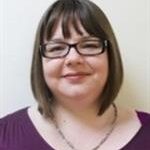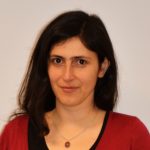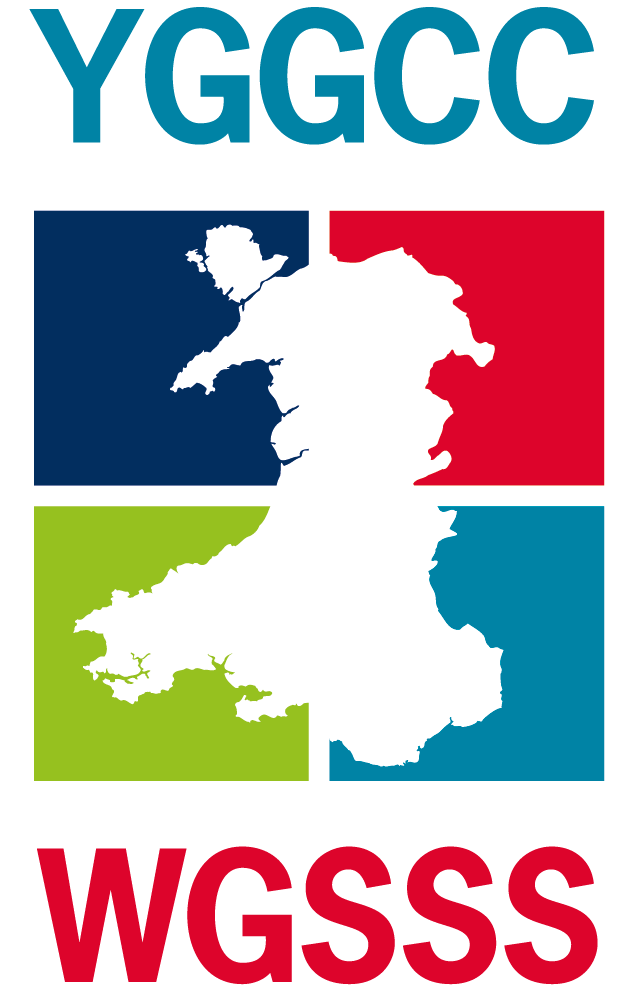
Prof Gerard O'Grady (OGradyGN@cardiff.ac.uk)
School of English, Communication & Philosophy, Cardiff University

Dr Vivienne Rogers (v.e.rogers@swansea.ac.uk)
School of Culture and Communication, Swansea University

Dr Eirini Sanoudaki (e.sanoudaki@bangor.ac.uk)
School of Arts, Culture and Language, Bangor University

Dr Robert Mayr (rmayr@cardiffmet.ac.uk)
Cardiff School of Sport and Health Sciences, Cardiff Metropolitan University
Overview
The Linguistics and Bilingualism pathway comprises experienced academics and research supervisors as well as an active and supportive community of post-doctoral researchers and PhD students based at four research centres focussed on the study of language: the Language Research Centre (School of Culture and Communication, Swansea University), the Centre for Research on Bilingualism (Department of Linguistics, English language and Bilingualism, and Departments of Psychology and Education at Bangor University), the Centre for Language and Communication Research (School of English, Communication and Philosophy and School of Welsh, Cardiff University), and the Centre for Speech, Hearing and Communication Research (Cardiff School of Sport and Health Sciences, Cardiff Metropolitan University).
The pathway represents expertise in a broad range of theoretical and applied areas of linguistics, bilingualism, and related disciplines like education, psychology, cognitive neuroscience, and speech and language therapy. Examples of active current research themes include: discourse analysis, corpus linguistics, functional linguistics, language acquisition, psycholinguistics, language testing, language change and historical linguistics, language and the law, multi-modality, language and new media, bilingual speech development across the lifespan, clinical linguistics and phonetics, and other specialist areas represented by staff at the constituent departments.
The most commonly researched individual languages in the pathway are Welsh and English, but work on other languages, in general linguistics, comparative and cross-linguistic research is also found.
Environment for doctoral research and training
Students who are interested in projects that develop new theoretical, methodological and applied contributions at any of the interfaces between language form, use, processing and the social and cultural context of language will find a supportive home in this pathway. Pathway students become part of a rich research culture at their respective centre as well as benefiting from activities at the pathway level which include seminars, conferences, summer schools and a broad range of specialist training courses appropriate to the needs of individual students. Students on this pathway are also fully engaged in student-led activities such as involvement in student-staff panels, postgraduate research seminar series and other forums, and in social events.
Knowledge exchange and careers
All our students benefit from extensive links with international research centres in Europe and beyond, and from the many research relationships we have established with non-academic organisations in the public, private and third sectors, including partnerships with the Welsh Government. Students on this pathway have the opportunity to apply for placements with universities and partner organisations during the course of their studies which gives them insights and links into areas of activity that may represent future career trajectories. Many of the students in the pathway go on to pursue academic careers, initially at post-doctoral level, while others find meaningful future careers in language-related fields of work they discovered during their studies or placements. Yet others find that the rich transferable skills and experiences they acquired of great benefit in careers of any description.
